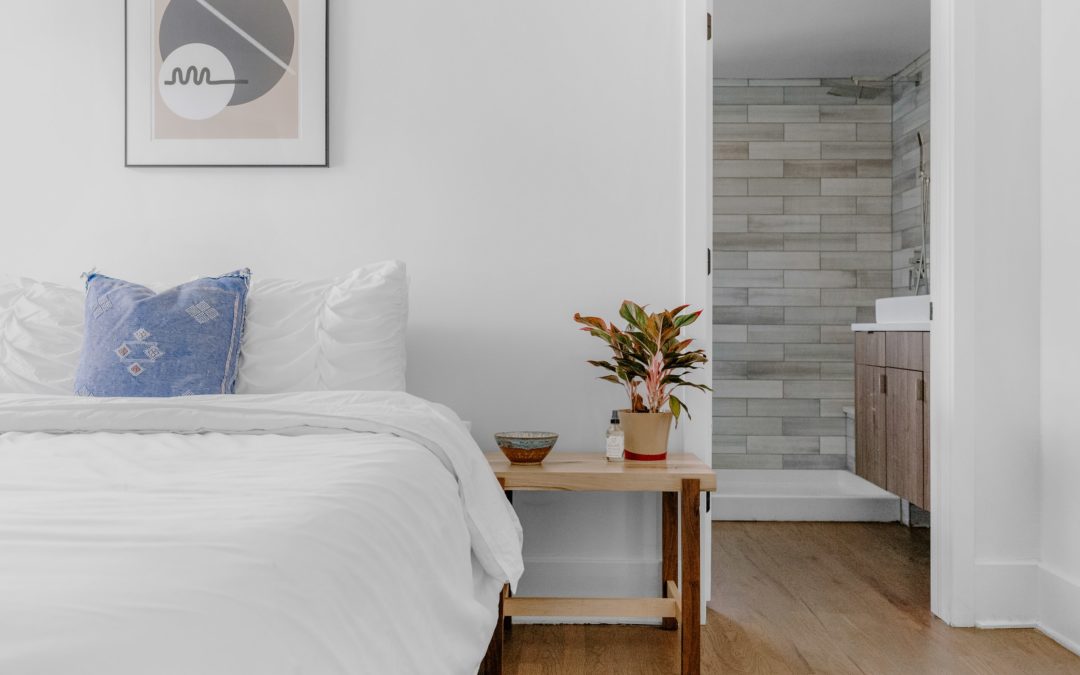People frequently say that getting a good night’s sleep is essential, but why? Sleep deprivation has been linked to poor cognitive performance and reduced reaction time. It has also been connected to a higher risk of mental illness, type two diabetes, high blood pressure, and early death. Without proper rest, the functioning of your body will be impaired, and you won’t be able to enjoy your everyday activities. However, if you have trouble sleeping, you likely already know the adverse effects of sleep deprivation and have experienced some yourself. Here are some tips to help you get a better night’s sleep.
Turn Out the Lights
It may seem simple, but something you can change quickly and easily is limiting the amount of bright and blue light in your surroundings at night. Light convinces your brain that it is still time to be awake, impeding melatonin production, which is a substance produced by your brain that makes you tired. So turn off any bright lights in your home a few hours before you go to bed, and limit the amount of blue light you see by turning off your electronics or downloading software that filters out blue light. Glasses with blue light filters are also available if you don’t want to modify all of your devices.
Don’t Drink Caffeine or Alcohol.
Caffeine is a well-known and widely used stimulant that can stay in your bloodstream for 6-8 hours. You should try not to drink any caffeine after 3-4 p.m. to make sure it has time to completely leave your body before it’s time for bed. Not drinking alcohol is less intuitive since it frequently causes tiredness, but it’s been linked to sleep disruptions and increased symptoms of conditions like sleep apnea.
Reduce Long Naps
Short naps have been shown to boost energy levels and improve cognitive function, but long naps at irregular times can be detrimental to both your productivity during the day and your ability to sleep. They can disrupt your internal clock and make it harder for you to get good sleep at night. However, if you regularly nap and sleep well in the evenings, don’t worry; your habits likely have no harmful effects.
Sleeping well will help you improve many aspects of your everyday life, so taking a few extra steps to prepare the ideal conditions is a straightforward way to help you improve and maintain your health.

